Featured Product: Introducing Vision 3.0 Dash Cam With Smart A.I, real-time streaming, a forward ADAS and a driver fatigue monitor. To learn more, speak with someone from Sales now.*
Imagine having complete control of your business fleet
With over 10 years experience and trusted by thousands of companies from the largest industry fleets to owner operators, Linxio has fleet management software and GPS tracking devices to help dramatically improve fleet productivity and increase revenue in your business.
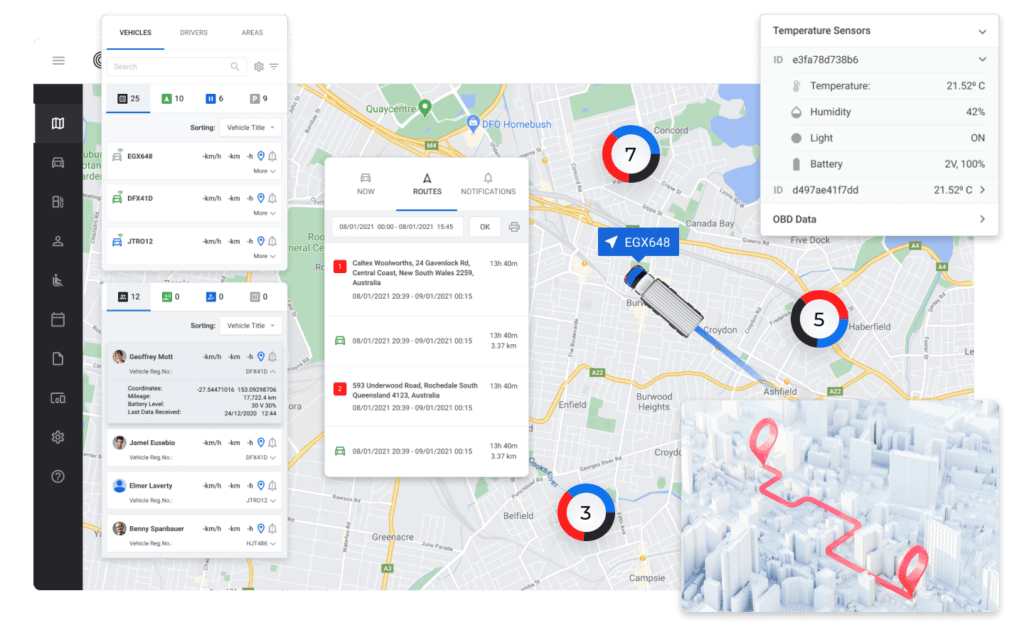

BHP

NSW Health

Comlink

Hertz

Category5

South32

John Holland
Track vehicles in the field, improve fleet operations, increase productivity
and encourage safer driving with GPS tracker and GPS tracking solutions. Choose from a wide range of hardware and software solutions that offer dashboards, and reports alongside customisable alerts & notifications.
Monitor driver behaviour, keeping your fleet safe
Reduce maintenance costs & fuel consumption
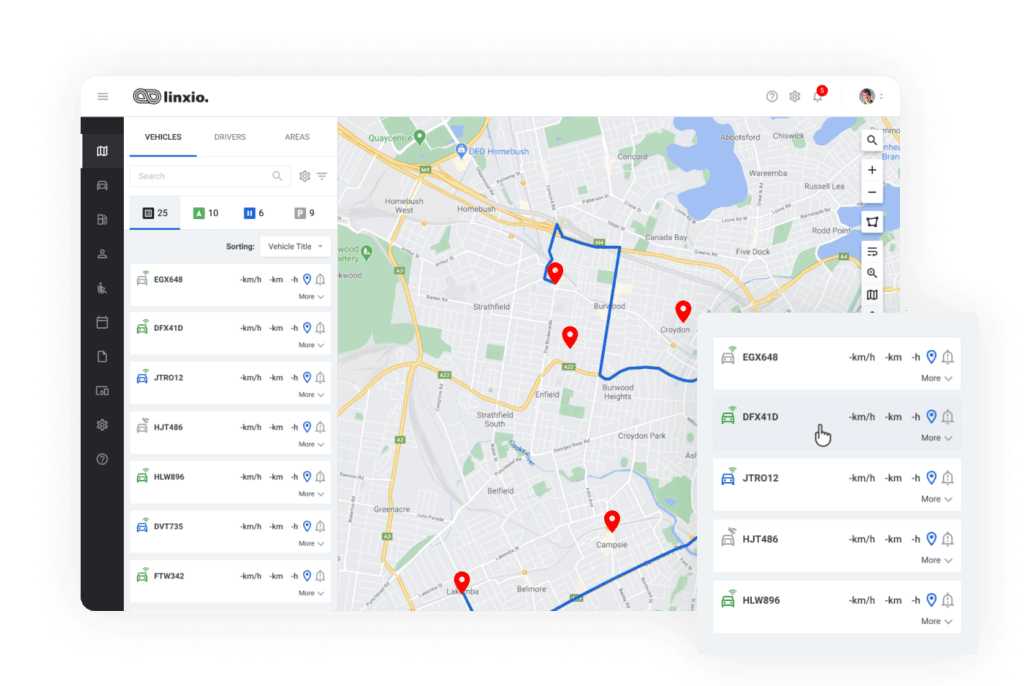
"It was great working with your team to achieve what we required"

Geoff – Mining Operations Manager
Customer service for business owners is the top priority here at Linxio, whether you run a large fleet of over 100 vehicles or just 1 vehicle, we work hard to ensure, be it the GPS tracker hardware and GPS tracking software is a success to help improve your fleet’s efficiency, reduce operating costs and improve driver safety.
Check Prices
We've GPS trackers and solutions for all industries and can tailor a package that meets your requirements and budget. We offer competitive pricing according to your fleet size, complete the form below to receive an emailed proposal.
At Linxio, we tracking provide service that suits everyone. We offer a wide range of products designed to accommodate any budget and any industry whether it’s for big or small businesses, private or commercial.
Connect your fleet and gain total control and visibility with the latest real-time 5G/4G LTE network-based hardware paired with our world-class fleet software.

Checked every box for us, competitive price, with reliable trackers and modern software for accurate vehicle location through best telematics technology that never skips a beat.
Keegan - Car Rental
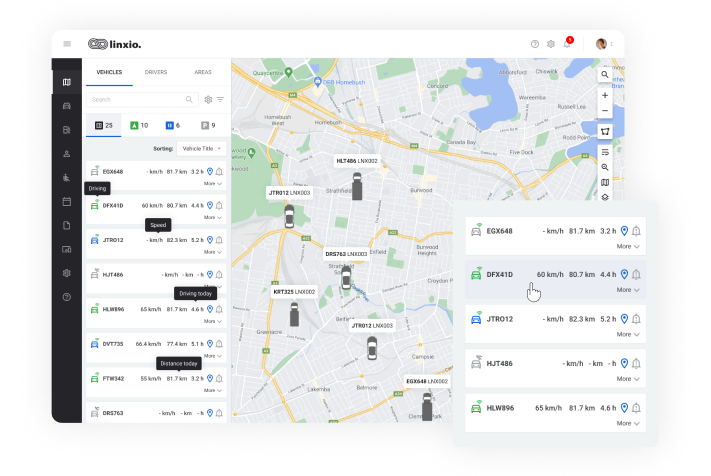
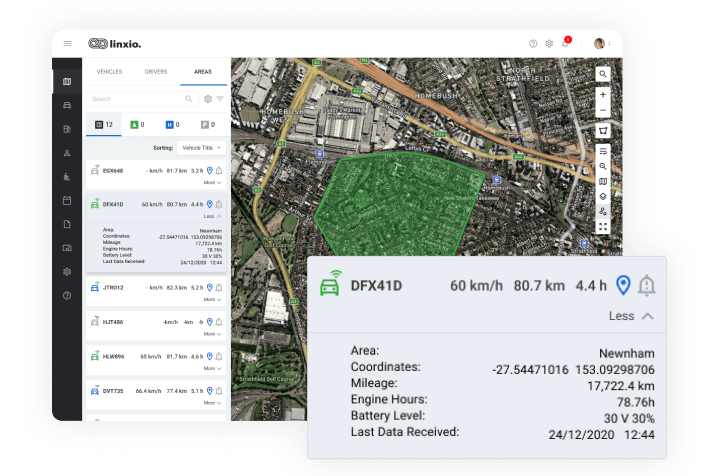
Complete control over your assets using our trackers & asset management software with live tracking, plus valuable data like fuel levels, sos function and unauthorised usage for complete fleet efficiency.

I cannot believe we ran our business so long before getting asset trackers. We would be lost without it now. We would've been able to reduce costs and determine exact location easily.
Jason - Plumbing and Electrical
The Linxio Vision 3.0 is an advanced vehicle dashcam system that enhances fleet safety and performance. It integrates with Linxio’s software to provide live stream video footage from up to six cameras.
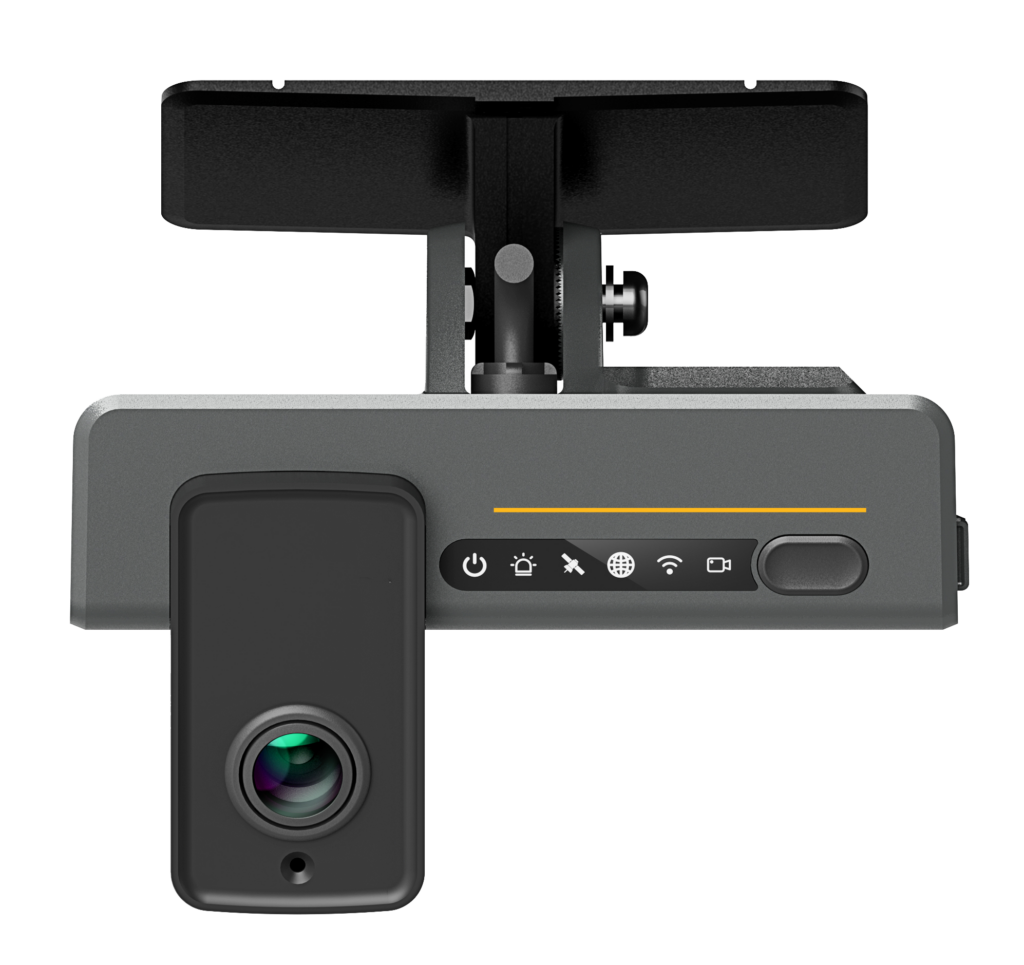
1920p road facing lens with 140° DFOV
Built-in AI with ADAS, DSC & DMS
Up to 6 cameras for the ultimate visibility
Quick Access Driver SOS/Duress Button
Facial Recognition for Driver Identification
2 Terabytes of Internal Storage
Lane Departure Warning Alerts
Speed Sign Detection & Alerts
A driver behaviour management system gives fleet managers the ability to monitor driver performance in regard to speeding, acceleration, braking, cornering and speed.

With Linxio, we always stay compliant and ensure our field workers are within safe zones and driving responsibly. Our need for asset tracking and cost reduction have been met.
Steve - Mining
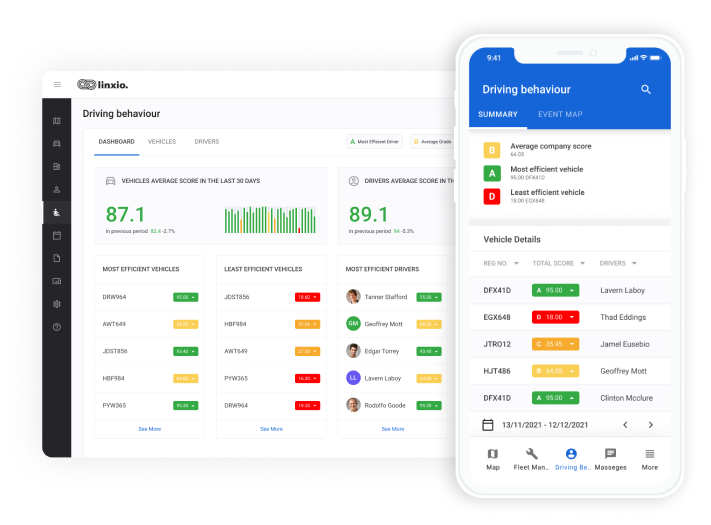
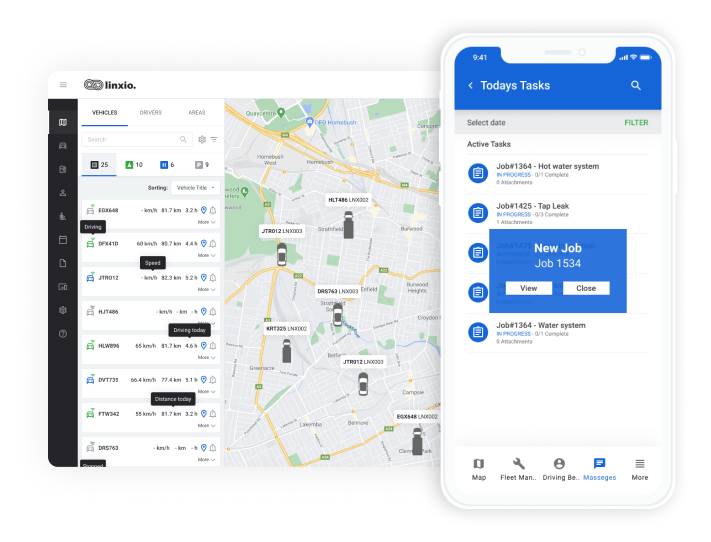
Eliminate downtime and increase productivity with seamless job/delivery management & dispatch solutions for all trades, Services & transport companies.

We have reduced our paperwork by more than half, giving an edge over our competition, while running a highly productive fleet through real time location tracking.
Daniel - Long haul transport
See why some of our 3000+ customers around the world use Linxio to track, analyse and improve their fleet operations.


About SecondBite SecondBite is a charity focused on addressing food waste and hunger in Australia by rescuing and redistributing surplus…
Read Story

About Blended Services Group Blended Services Group (BSG) focuses on delivering trade services with precision and value, emphasizing long-term client…
Read Story

About South32 The South32 GEMCO site is an open-cut mining operation, producing high-grade manganese ore that is shipped to their…
Read Story• Fault code monitoring
• Paperless Inspections
• Usage-based maintenance
• Wireless IoT Sensors
• Live temperature alerts
• Lifetime historical logs
• Distracted driving detection
• In-cab coaching alerts
• Automatic incident upload
• Route optimisation
• Proof of delivery (POD's)
• Dispatch to Driver App
• Driver & vehicle documents
• Centralized record-keeping
• Expiration alerts and report
• FTC, FBT, ATO certified
• Works with iOS or Android
• Centralized visibility
Linxio grows when you do, so you only pay for what you need
EASY TO USE
SCALABLE
SCALABLE


We help businesses in any industry that runs a mobile workforce
With a complete hardware portfolio and broad feature set, Linxio is a telematics technology system that provides ROI for fleet customers across many verticals.
Construction & plant hire
Oil, gas & mining
Emergency & healthcare
Car & truck rental
With our world-class fleet management software, and in-house development team, the limits are endless.
Whether you have a large or small private or commercial company, you can benefit from GPS tracker and GPS tracking software.
Keeping your fleet on schedule and on time is critical to your business, and being able to see exactly where they are on their journey, through exact location vehicle tracking notifications can go a long way in being able to let your customers know when their shipments are going to arrive.
Along with being able to see where your shipments are, our clients get a host of exclusive features with our fleet tracking solutions suite. You can get feedback on your driver’s behaviour to ensure that they’re driving safely in all weather conditions, and we also offer a comprehensive system that ranks your drivers based on their performances. Linxio’s fleet software and devices help improve fleet productivity, reduce costs and increase revenue in your business.
It’s also important that you keep on top of routine maintenance and your fuel costs to reduce your company overhead, and our fleet maintenance tracking solutions can help you plan routes and set reminders for routine maintenance. This can cut your overall costs and reduce your company overhead, especially if you have a large fleet of vehicles.
In short, when it comes to real time vehicle tracking, Linxio has you covered.
Since each vehicle gets outfitted with GPS trackers, you can maximise your company’s productivity. Ensuring your drivers are being as productive as possible, and it can reduce the hours you spend pouring over logbooks.
Because your drivers know you have vehicle tracking, they’ll practice safer driving. It helps get rid of bad habits like hard braking, speeding or unsafe driving. Also, it pinpoints your driver’s location in the event of an emergency.
You can effectively plan routes to maximise your fuel savings. Your drivers will most likely reduce their vehicle idling time, and you can mark out a clear route to increase how far your fuel goes.
Should a vehicle in your fleet be lost or stolen, live tracking can give you a constant location. You’ll be able to quickly and easily recover your vehicle and save valuable time and money.
This is really what it all comes down to for every business decision.
Our GPS tracker and fleet management solutions have proven time and time again that our clients can save thousands of dollars per month by lowering labour costs, reducing fuel usage, and improving productivity, all while having a complete overview of your fleet and staff.
In dollar terms, savings of upwards of $3000 per month, per employee.
Let us show you how your business can get an instant ROI on implementing a tracking system in your fleet today, simply complete this inquiry form to get our latest brochure and pricing plans.
With a 30 day free trial and money back guarantee, you have nothing to lose and everything to gain.
Check our pricing
Complete this form for an emailed proposal according to your fleet size.
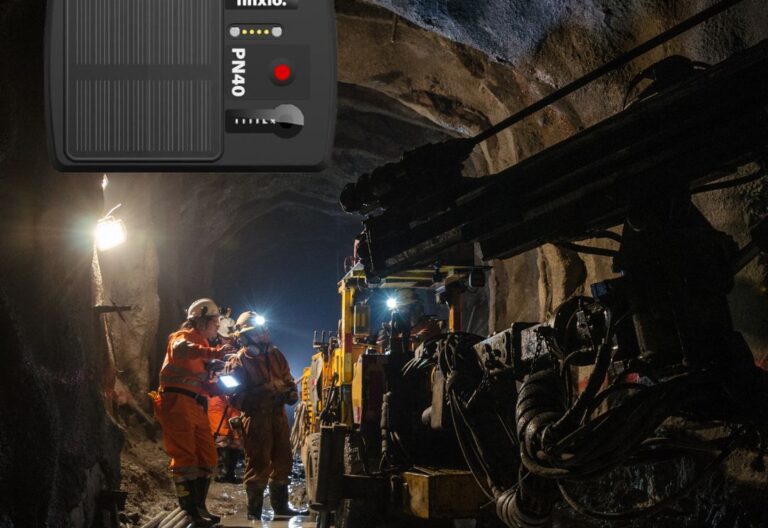
In today's fast-paced world, the need for effective asset management and security has become paramount, especially for businesses in Australia.…
Read Story
In an age where vehicle theft and unauthorized usage pose significant risks to fleet businesses, the implementation of advanced security…
Read Story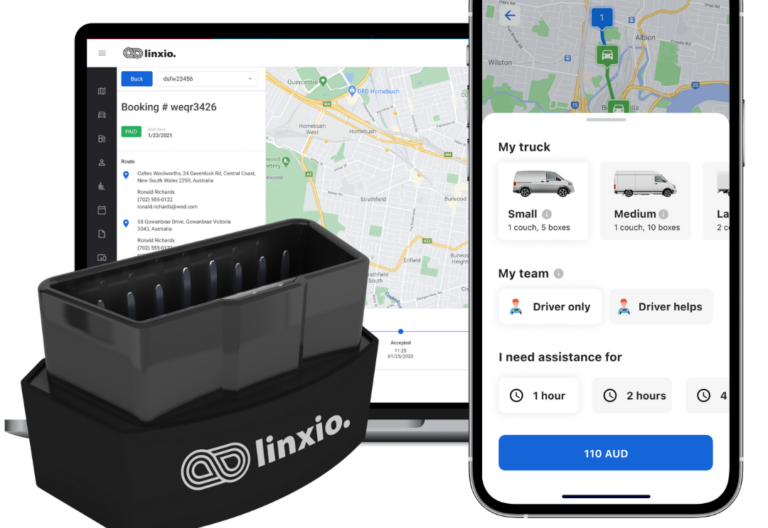
In today's rapidly evolving business landscape, efficiency and productivity are paramount for fleet businesses in Australia. One technology that has…
Read StoryOur Company
Subscribe to our newsletter



To buy a GPS tracker for your personal car,
please visit our online store at linxio.store